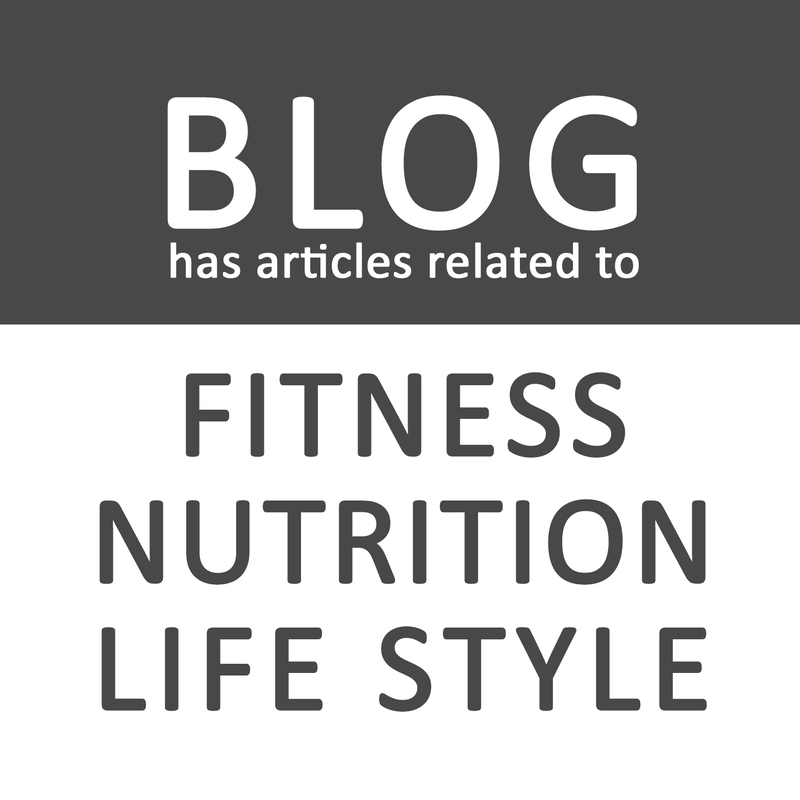|
Samba balances his energy with two daily walks.
He keeps fit and socialized by running and playing in the park three times a week. |
Lifestyle Find Yours.
Samba in front, followed by his friend Batucada. |
|
Almost every one of us has been raised with the idea that you should wash and clean every food that you bring into your kitchen. However, there are actually some foods that do not need to be washed, and washing certain foods might expose you and your loved ones to serious health conditions.
0 Comments
|
Our Blog Has Fitness, Nutrition and Lifestyle Articles.
|

